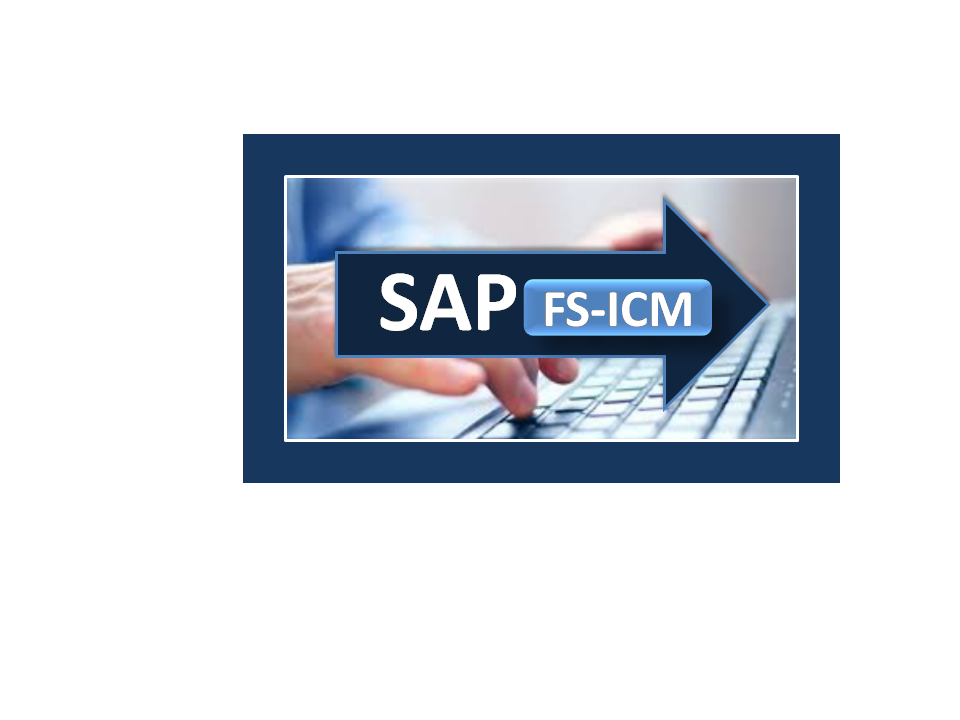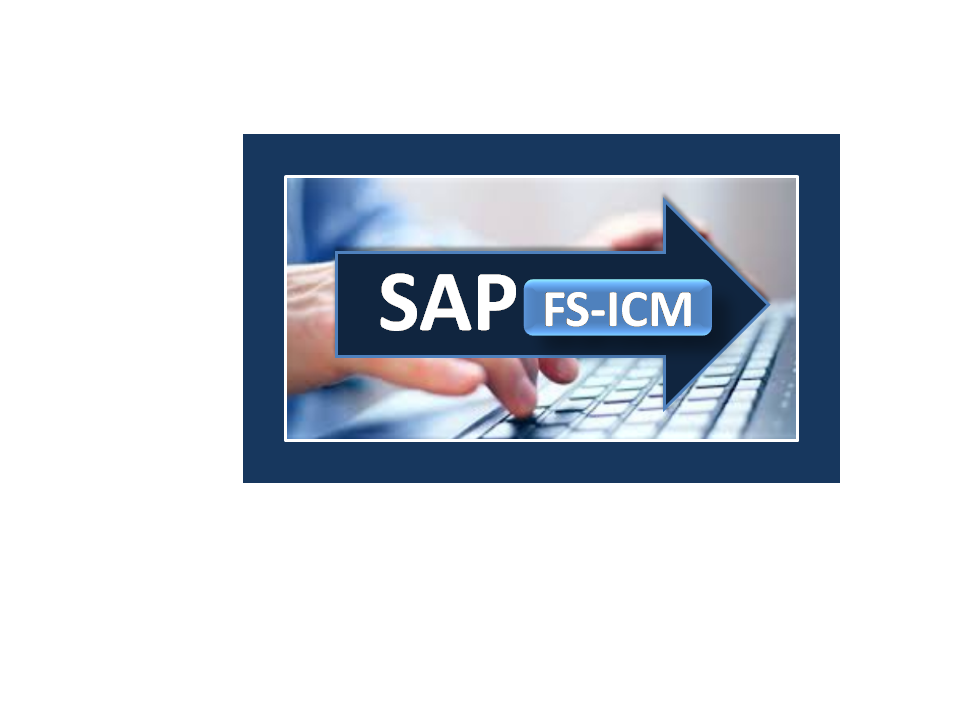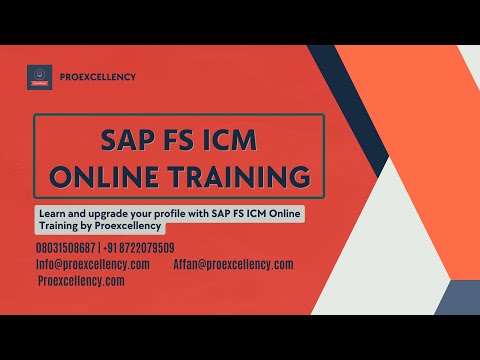Proexcellency
Sap FS ICM Online Training | FS ICM Corporate Training
Welcome to Proexcellency Learning Space! Good news for those IT professionals who are looking for SAP FS ICM training! FS-ICM is the solution provided by SAP to cater to all the business requirements related to incentives and commissions. Incentive and commission management can be used with both SAP and non-SAP applications as the SAP ERP is connected to SAP NetWeaver, which is compatible with all platforms.
Incentive and Commission Management: A Comprehensive Overview
Incentive and Commission Management (ICM) is a strategic approach that organizations use to motivate and reward their employees or sales teams based on their performance and achievements. It involves the design, implementation, and administration of systems that align employee efforts with the overall goals and objectives of the organization. This comprehensive strategy encompasses various components such as incentive plans, commission structures, performance metrics, and payout mechanisms.
Meaning and Purpose of Incentive and Commission Management:
Incentive and Commission Management aims to create a performance-driven culture within an organization by linking individual or team efforts to specific business outcomes. The primary objectives are to:
Motivate Performance: Incentives and commissions serve as powerful motivators, encouraging employees to go above and beyond their regular duties to achieve specific targets or goals.
Align with Organizational Goals: By tying incentives to key performance indicators (KPIs) or company objectives, ICM ensures that employees are working towards the organization's overarching mission and vision.
Attract and Retain Talent: Competitive incentive and commission structures can make a company more attractive to top talent and help retain high-performing employees.
Enhance Productivity: When employees see a direct correlation between their efforts and financial rewards, it can boost overall productivity and efficiency.
Usage of Incentive and Commission Management:
ICM is commonly employed in various industries, with sales and customer-facing roles being the most prevalent. However, its applicability extends beyond sales teams to include other departments, such as customer service, marketing, and even non-revenue-generating functions. The use of ICM is not limited to for-profit organizations; non-profits and government agencies can also implement incentive structures to drive performance.
Components of Incentive and Commission Management:
Incentive Plans: These are structured programs that outline the criteria for earning incentives. They can be individual or team-based and may include bonuses, profit-sharing, recognition programs, and non-monetary rewards.
Commission Structures: Common in sales roles, commission structures define how sales representatives earn a percentage of the revenue generated from their sales. The structure may vary, including flat-rate commissions, tiered structures, or a combination of base salary and commission.
Performance Metrics: Key performance indicators (KPIs) are established to measure employee performance. These metrics could include sales targets, customer satisfaction scores, project completion timelines, or any other quantifiable measure aligned with organizational objectives.
Payout Mechanisms: The method and frequency of incentive payouts are critical. Organizations may choose monthly, quarterly, or annual payouts and the mode can range from cash bonuses to gift cards, travel rewards, or other non-monetary benefits.
Market Trends in Incentive and Commission Management:
As of our last knowledge update in January 2022, the ICM software market has been witnessing growth. Organizations are increasingly adopting specialized software solutions to streamline the administration of incentive and commission programs. These software platforms automate calculations, enhance transparency, and provide analytics to track the effectiveness of incentive programs.
Job Opportunities in Incentive and Commission Management:
Incentive Analysts: Professionals responsible for designing, implementing, and analyzing the effectiveness of incentive programs.
Compensation Managers: Individuals overseeing the overall compensation structure, including incentives and commissions.
Sales Operations Managers: Those responsible for optimizing sales processes, including the design and management of commission structures.
ICM Software Developers: Professionals involved in the creation and maintenance of software solutions designed for Incentive and Commission Management.
Data Analysts: Individuals analyzing performance metrics and providing insights to improve incentive programs.
Challenges in Incentive and Commission Management:
Complexity: Designing effective incentive programs can be complex, especially in organizations with diverse roles and responsibilities.
Subjectivity: Determining fair and equitable incentive structures may be subjective, leading to potential dissatisfaction among employees.
Data Accuracy: Dependence on accurate and timely data for performance metrics is crucial; any inaccuracies can lead to unfair payouts.
Change Management: Implementing new incentive structures may face resistance, and effective change management is crucial for success.
In conclusion, Incentive and Commission Management is a vital aspect of organizational strategy, aiming to drive performance, align goals, and attract and retain top talent. As technology continues to advance, the use of specialized software solutions is likely to grow, offering organizations more sophisticated tools for designing and managing incentive programs.
What is the full form of FS ICM?
Incentive and Commission Management (SAP FS-ICM), SAP's multi-industry solution for commission management, meets those requirements.
What is SAP incentive and commission management?
Incentive and Commission Management (ICM) is one type of solution that enables all industries to represent all types of variable remuneration for employees and partners. It provides up-to-date and clear information on earned and expected commissions and incentives.
Duration
Duration
30-35 hrs
Shipping & Returns
Shipping & Returns
Dimensions
Dimensions
Care Instructions
Care Instructions



